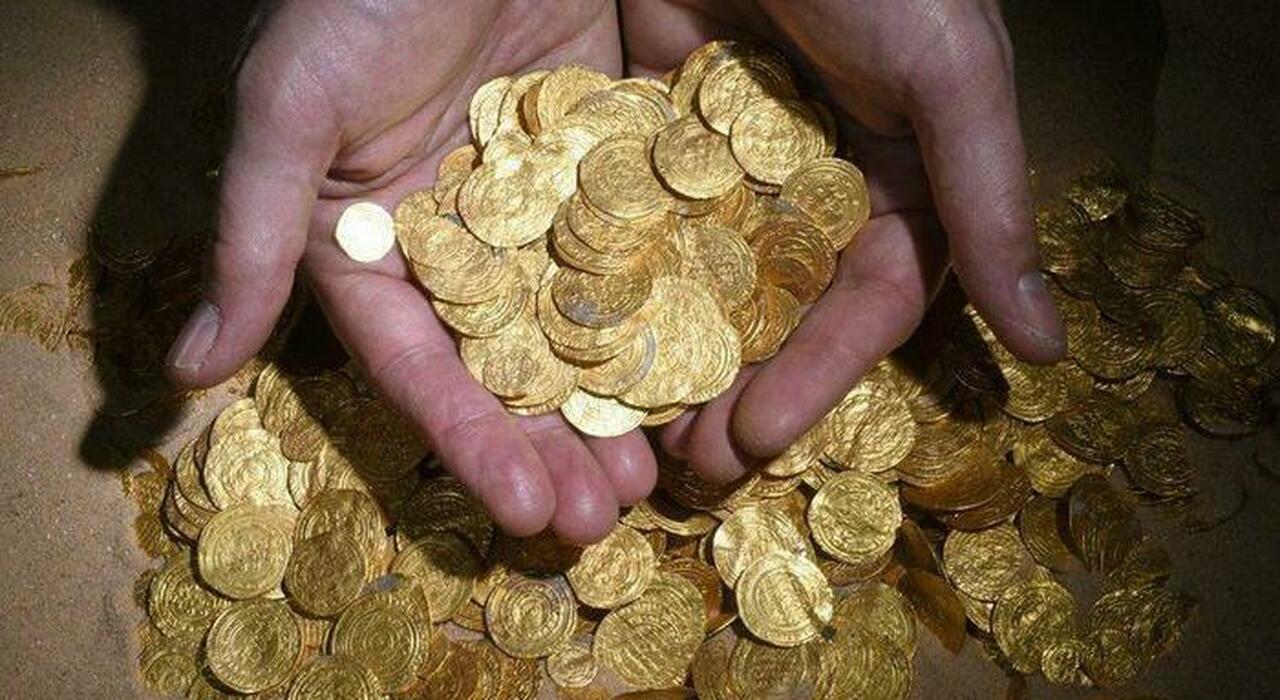
Around 2,000 gold coins dating back more than 1,000 years have been found in Israel’s ancient harbor of Caesarea.
The treasure trove, the largest found in the area, was discovered by chance on the seabed by the members of a diving club in the Roman-era port, reports Agence France Presse. The group of coins weighs 9 kilograms and has been described by officials as “priceless.”
“At first they thought they had spotted a toy coin from a game and it was only after they understood the coin was the real thing that they collected several coins and quickly returned to the shore in order to inform the director of the dive club about their find,” Israel Antiquities Authority (IAA) said in a statement.
Experts then uncovered “almost 2,000 gold coins in different denominations,” in use during the Fatimid Caliphate, which ruled much of the Middle East and North Africa from 909 to 1171.
Kobi Sharvit, from the IAA, said excavations would be carried out to establish the origin of the items. “There is probably a shipwreck there of an official treasury boat which was on its way to the central government in Egypt with taxes that had been collected,” he explained. “Perhaps the treasure of coins was meant to pay the salaries of the Fatimid military garrison which was stationed in Caesarea and protected the city.”
Or, perhaps, the coins belonged to a large merchant ship “that traded with the coastal cities and the port on the Mediterranean Sea and sank there,” Sharvit added.
The trove is now property of the state. The divers haven’t been rewarded for their find.